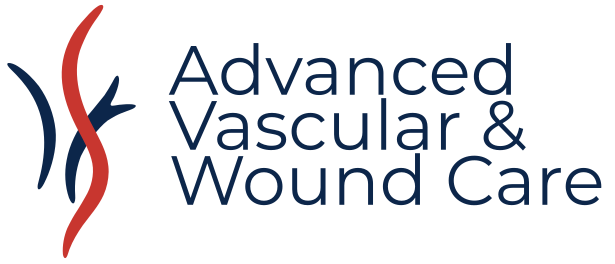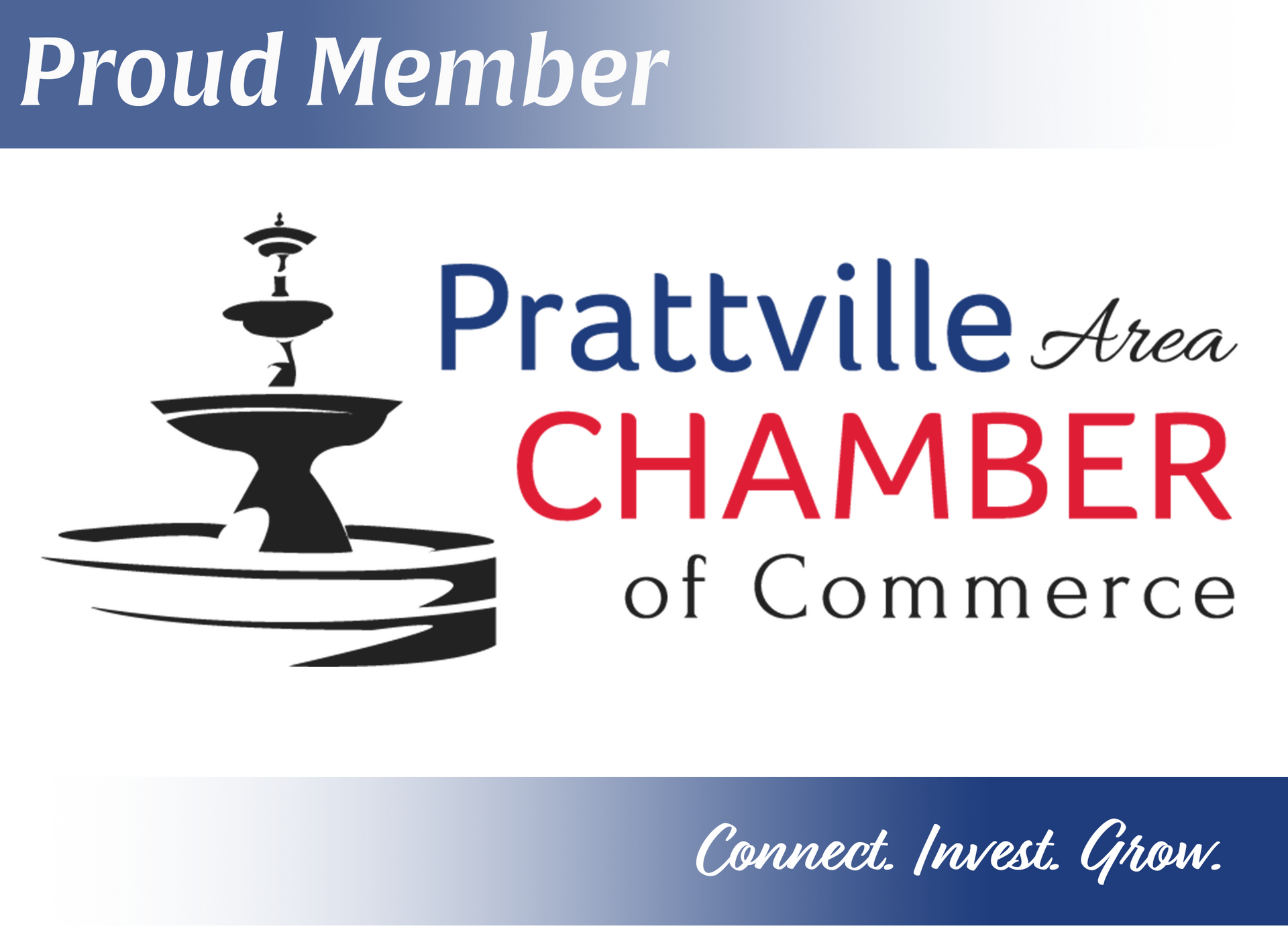Acute and Chronic Wound Treatment in Prattville, AL
Expert Care for Wounds That Won't Heal on Their Own
Restore Your Health and Quality of Life with Expert Wound Healing
When wounds fail to heal normally or become chronic, specialized care is essential to prevent complications and restore your health. At Advanced Vascular and Wound Care in Prattville, Alabama, our board-certified vascular surgeons and wound care specialists provide comprehensive treatment for acute and chronic wounds using the most advanced healing therapies and evidence-based protocols.
Don't let non-healing wounds limit your life or threaten your health. Expert wound care can accelerate healing and help you get back to normal activities with confidence.
Understanding The Difference: Acute and Chronic Wounds
Acute Wounds
Acute Wounds are new injuries that follow the normal healing process and typically heal within 2-4 weeks with proper care. These include surgical incisions, traumatic injuries, burns, and other recent wounds that heal in an orderly, predictable manner.
Chronic Wounds
Chronic Wounds are wounds that fail to heal within the expected timeframe (usually 4-6 weeks) or show no signs of progression through normal healing stages. These problematic wounds often result from underlying medical conditions that impair the body's natural healing processes.
The distinction between acute and chronic wounds is crucial because chronic wounds require specialized evaluation and treatment to address underlying causes and promote healing using advanced therapies and protocols.
Common Types of Wounds We Treat
Acute Wounds
Post-surgical complications, traumatic injuries, burns, acute infections, and recent wounds with healing complications.
Chronic Wounds
Diabetic foot ulcers, venous leg ulcers, arterial ulcers, pressure ulcers (bed sores), non-healing surgical wounds, and radiation-induced wounds.
Complex Wounds
Multiple wound types, infected wounds, wounds with exposed bone or tendon, and wounds complicated by underlying medical conditions.
Causes of Non-Healing Wounds
Vascular Causes
Poor Circulation: Arterial disease reducing oxygen delivery, venous insufficiency causing blood pooling, and microvascular disease affecting small blood vessels essential for healing.
Diabetes Complications: High blood sugar impairing healing, diabetic neuropathy reducing sensation and injury awareness, and diabetic vascular disease reducing blood flow to extremities.
Medical Conditions
Immune System Problems: Conditions that impair the body's ability to fight infection and promote healing.
Nutritional Deficiencies: Inadequate protein, vitamins, or minerals essential for tissue repair and regeneration.
Chronic Diseases: Heart failure, kidney disease, liver disease, and other conditions that affect overall healing capacity.
Medications: Steroids, chemotherapy, and other medications that can impair wound healing processes.
Local Factors
Infection: Bacterial contamination preventing normal healing progression and causing tissue damage.
Pressure and Trauma: Repeated injury or pressure preventing healing and causing further tissue damage.
Foreign Bodies: Debris or materials in wounds preventing proper healing and closure.
Comprehensive Wound Assessment
Advanced Diagnostic Evaluation
Our thorough assessment includes detailed wound measurement and photography, assessment of wound bed characteristics and healing progress, evaluation of surrounding skin and tissue health, and identification of underlying factors affecting healing.
Vascular Assessment: Evaluation of blood flow using ankle-brachial index testing, duplex ultrasound, and other studies to identify circulation problems.
Infection Evaluation: Wound cultures, tissue biopsies when indicated, and assessment for deep tissue infection or osteomyelitis.
Nutritional Assessment: Evaluation of protein levels, vitamin deficiencies, and overall nutritional status affecting healing.
Underlying Cause Identification
To ensure targeted and effective treatment, we perform a comprehensive evaluation to uncover the underlying causes of non-healing wounds. This includes a thorough review of the patient’s medical history, detailed physical examination, and appropriate laboratory studies.
Medical History: Comprehensive review of diabetes control, vascular disease, previous wounds, and medications affecting healing.
Physical Examination: Assessment of sensation, circulation, and biomechanical factors contributing to wound development.
Laboratory Studies: Blood tests to evaluate infection, nutrition, kidney function, and diabetes control.
Advanced Treatment Options
Wound Bed Preparation
Debridement: Removal of dead tissue, biofilm, and debris that prevent healing using surgical, enzymatic, or biological methods.
Infection Control: Appropriate antibiotic therapy, antimicrobial dressings, and specialized treatments for resistant organisms.
Moisture Management: Optimal wound environment using advanced dressings that maintain proper humidity for healing.
Advanced Healing Therapies
Negative Pressure Wound Therapy (NPWT): Specialized vacuum dressings that promote healing by increasing blood flow, removing excess fluid, and stimulating tissue growth.
Bioengineered Skin Substitutes: Advanced grafts and matrices that provide scaffolding for new tissue growth and accelerate healing.
Growth Factor Therapy: Application of substances that stimulate cellular activity and promote tissue regeneration.
Hyperbaric Oxygen Therapy: Treatment in pressurized oxygen chambers to increase tissue oxygen levels and promote healing (coordinated with hyperbaric centers).
Surgical Interventions
Vascular Procedures: Treatment of underlying arterial or venous disease to restore circulation necessary for healing.
Surgical Debridement: Removal of infected or dead tissue that cannot be addressed with conservative methods.
Flap and Graft Procedures: Reconstruction techniques for complex wounds that cannot heal by secondary intention.
Offloading Procedures: Surgical correction of pressure points or biomechanical problems contributing to wound development.
Specialized Wound Care Protocols
Diabetic Wound Management
Glucose Control: Coordination with endocrinologists to optimize blood sugar management for healing.
Pressure Relief: Custom orthotics, specialized footwear, and offloading devices to reduce pressure on healing wounds.
Infection Prevention: Aggressive monitoring and treatment to prevent progression to limb-threatening infections.
Venous Ulcer Treatment
Compression Therapy: Medical-grade compression to improve venous return and reduce swelling.
Venous Disease Treatment: Correction of underlying venous insufficiency with minimally invasive procedures.
Edema Management: Strategies to control swelling that impairs healing.
Arterial Ulcer Care
Revascularization: Restoration of blood flow through angioplasty, stenting, or bypass procedures.
Pain Management: Appropriate pain control while maintaining circulation to healing tissues.
Limb Salvage: Aggressive treatment to prevent amputation and preserve function.
Treatment Outcomes & Success Rates
Healing Expectations
Acute Wounds: Most acute wounds heal within 2-4 weeks with appropriate treatment and care.
Chronic Wounds: Healing times vary but significant improvement is typically seen within 4-6 weeks of specialized treatment initiation.
Complex Cases: Some wounds require months of treatment, but even the most challenging cases often achieve healing with persistent, expert care.
Factors Affecting Success
Patient Compliance: We know life gets busy, but sticking to your treatment plan, keeping your appointments, and taking care of your wound at home really does make a difference. We're here to help make this as manageable as possible for you.
Underlying Disease Control: Your overall health plays a big role in how well you heal. Whether it's keeping your diabetes in good control, improving blood flow, or managing other health conditions, we'll work together to get your whole body in the best shape possible for healing.
Nutritional Status: Your body needs the right fuel to heal properly, and that means getting enough protein and essential nutrients. Think of it like giving your body the building blocks it needs to repair itself, without adequate nutrition, even the best medical treatments can't work as effectively as they should.
Why Choose Advanced Vascular & Wound Care?
Dr. Justin Parden and our wound care team have helped countless patients heal wounds that seemed impossible to fix. We've seen everything from small cuts that just won't close to complex wounds that have been troubling people for months or even years. What we're most proud of is our track record of helping people heal and, when possible, avoiding amputations that other doctors might have said were necessary.
Our Prattville wound care center is equipped with the latest healing technologies and treatment options. But what really makes the difference isn't just our equipment, it's our commitment to figuring out not just how to treat your wound, but why it's not healing in the first place.
Prevention and Long-Term Care
Preventing Recurrence
Risk Factor Modification: Control of diabetes, improvement of circulation, and management of other contributing conditions.
Protective Measures: Appropriate footwear, skin care routines, and injury prevention strategies.
Regular Monitoring: Ongoing surveillance for early detection of new wounds or complications.
Patient Education
Self-Care Training: Instruction in proper wound care techniques, infection recognition, and when to seek help.
Lifestyle Modifications: Diet, exercise, and other changes to support healing and prevent new wounds.
Equipment and Supplies: Training in use of specialized dressings, offloading devices, and other wound care equipment.
Emergency Wound Care
When to Seek Immediate Care
Signs of Serious Infection: Fever, red streaking, severe pain, or rapidly worsening wound appearance.
Bleeding: Persistent bleeding that doesn't stop with direct pressure.
Exposed Structures: Wounds with visible bone, tendon, or other deep structures.
Sudden Changes: Rapid deterioration in wound appearance or new concerning symptoms.
Frequently Asked Questions
Multidisciplinary Approach
Our wound care team collaborates with endocrinologists for diabetes management, infectious disease specialists for complex infections, podiatrists for foot problems, nutritionists for healing optimization, and other specialists as needed for comprehensive care.
Schedule Your Wound Care Consultation
Don't let non-healing wounds continue to impact your life. Expert evaluation and treatment can accelerate healing and prevent serious complications. Call Advanced Vascular and Wound Care at (334) 659-4717 to schedule your wound care consultation with Central Alabama's leading wound healing specialists.

